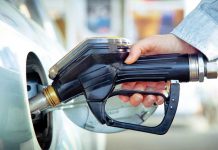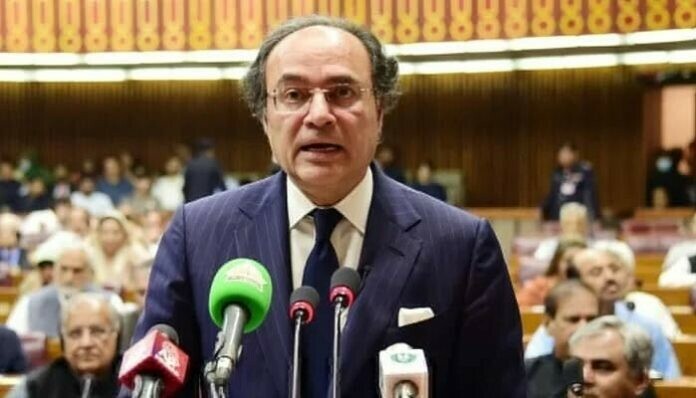Federal Minister for Finance and Revenue Senator Muhammad Aurangzeb continued his intensive engagements on the fourth day of his visit to Washington D.C., where he is attending the Annual Meetings of the International Monetary Fund (IMF) and the World Bank Group. His schedule featured a series of high-level interactions underscoring Pakistan’s reform progress, digital transformation drive, and growing investor confidence.
In one of the day’s key engagements, the finance minister met with Congressman French Hill, Chairman of the U.S. House Financial Services Committee, to explore avenues for expanding Pakistan–U.S. economic and financial cooperation. The discussion covered digital finance, mineral development, and broader IT collaboration under Pakistan’s new economic framework.
Aurangzeb also met with China’s Deputy Finance Minister Liao Min and briefed him on Pakistan’s recently concluded Staff-Level Agreement (SLA) with the IMF, terming it a strong external endorsement of the government’s reform agenda. He discussed progress on the issuance of Panda Bonds in the Chinese market and sought Beijing’s support for Pakistan’s membership in the New Development Bank. The minister invited Liao Min to visit Pakistan and encouraged further Chinese investment in ICT, agriculture, industry, and mineral sectors.
Earlier, Aurangzeb delivered a keynote address at the Atlantic Council titled “Reform Efforts in Pakistan & the Challenges Ahead,” where he detailed the Federal Board of Revenue’s (FBR) transformation plan centered on people, process, and technology. He also discussed the reconstitution of the National Finance Commission (NFC), efforts to foster private sector-led growth, and a liberal tariff policy to boost competitiveness and exports.
In another engagement, the minister met with the S&P Global team and welcomed the alignment of all three major rating agencies on Pakistan’s economic outlook. He described the recent ratings upgrade as a reflection of renewed confidence in the country’s reform direction and shared updates on fiscal, monetary, and external sector developments.
Senator Aurangzeb also addressed a World Bank–organized Regional Roundtable on “Digital Transformation in Tax Administration,” where he shared details of the FBR’s modernization plan. He highlighted that Pakistan’s tax-to-GDP ratio had increased from 8.8 percent in 2024 to 10.24 percent in 2025, emphasizing ongoing digitalization, automation of customs systems to curb under-invoicing, and capacity-building within the tax authority.
At the World Economic Forum’s (WEF) “Future of Growth Initiative Dialogue,” the finance minister underlined the need for technology-driven but inclusive growth. He cited examples of AI-led monitoring and satellite imagery improving agricultural productivity and incomes in developing countries, underscoring the role of innovation in Pakistan’s development strategy.
During his meeting with Japan Bank for International Cooperation (JBIC) Governor Nobumitsu Hayashi, Aurangzeb welcomed JBIC’s formal decision to join the Reko Diq lender consortium. He said the move would enhance investor confidence and open new opportunities for Japanese businesses in Pakistan. He also reiterated the government’s commitment to ensuring investor security and expanding bilateral cooperation.
In another meeting, the finance minister discussed private-sector-led growth with Bangladesh Special Envoy Lutfey Y. Siddiqi. Both sides agreed on the transformative potential of the IT sector in creating skilled jobs and promoting regional knowledge-sharing and capacity development.
Aurangzeb later addressed the JP Morgan Investment Seminar on “Pakistan’s Economic & Monetary Policy Outlook,” where he briefed global investors on Pakistan’s improving macroeconomic indicators, fiscal discipline, and external stability. He also confirmed the recent IMF Staff-Level Agreements and took questions during a Q&A session.
The minister additionally held a media interaction with Bloomberg, outlining Pakistan’s economic trajectory and reform milestones.
Meanwhile, Governor State Bank of Pakistan Jameel Ahmed and Secretary Economic Affairs Division Muhammad Humair Karim held separate sideline meetings with officials from Moody’s and the International Islamic Trade Finance Corporation (ITFC) to discuss ongoing cooperation and financial sector support.
























